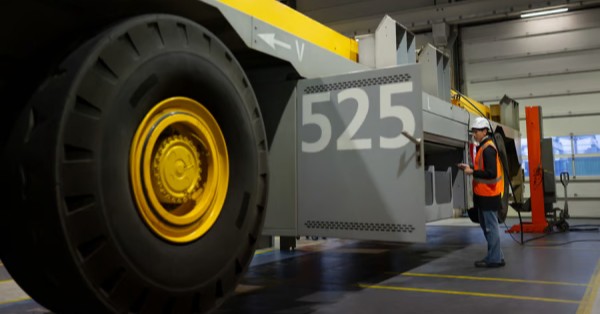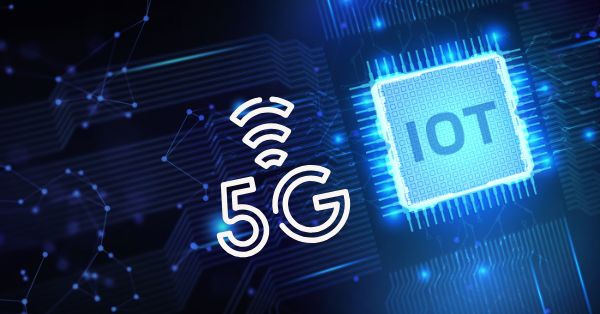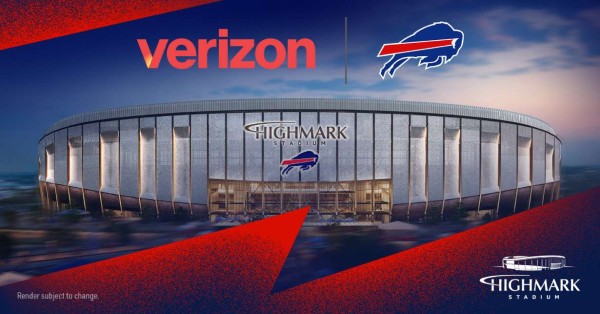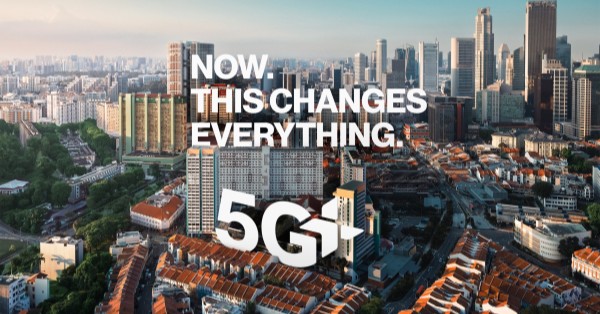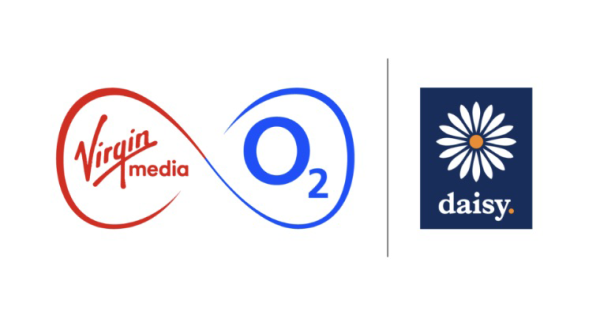Warehouses have long wrestled with persistent bottlenecks, barcode scanners dropping connections mid-process, paper logs replacing digital systems, and operations grinding to a halt during network hiccups. These problems not only frustrate employees but also erode efficiency and delay shipments. In a business where time is critical, these disruptions have a tangible financial cost.
Private 5G networks are changing that equation. By addressing the coverage, mobility, and interference limitations of Wi-Fi and offering more deterministic control than public cellular, they deliver a wireless foundation capable of powering modern, data-driven logistics. Lufthansa Industry Solutions and Ericsson demonstrate that when private 5G is deployed with a use-case-first mindset, it becomes more than an IT upgrade—it becomes a competitive differentiator.
Connectivity Challenges in Large Logistics Hubs
In large logistics hubs, connectivity is mission-critical. Scanners, forklifts, inspection cameras, and even autonomous vehicles all depend on seamless data transfer. Yet traditional Wi-Fi struggles in these environments due to interference from metal surfaces, signal dead zones, and roaming disruptions. Public cellular, meanwhile, often lacks the quality-of-service guarantees and low-latency performance needed for real-time workflows.
The consequences are costly:
- Scanning delays create queues at loading docks.
- Automation failures force manual rework.
- System resets break the flow of operations.
In a facility moving thousands of shipments a day, seconds lost per item translate into hours of wasted productivity and potentially missed delivery commitments.
Why Private 5G Is the Right Fit for Logistics
Private 5G offers a purpose-built answer: secure, high-capacity wireless with ultra-low latency and guaranteed performance. Its design supports stable roaming, high upstream throughput for video and sensor data, and robust coverage even in metal-dense environments.
Lufthansa Industry Solutions and Ericsson approached the challenge by starting with operational pain points—not network specs. Through real-world pilots, they identified where traditional connectivity failed, then designed a private 5G solution tailored to those exact workflows.
Case Study: LAX Warehouse’s 5G Transformation
At Lufthansa Cargo’s LAX warehouse, scanner resets had become a daily drain on productivity. Every time a device lost Wi-Fi connectivity, the worker had to log in again, losing over two minutes. Across thousands of scans per day, the impact was massive—not just in lost time, but in reverting to over a million printed pages a year.
Replacing 17 Wi-Fi access points with just two private 5G radios eliminated the issue. Digital workflows were restored, paper logs disappeared, and scanning became instantaneous and reliable. The shift didn’t just improve efficiency—it rebuilt employee trust in the system.
Key Tech Drivers Behind the Move to Private 5G
Key drivers for selecting private 5G included:
- Stable roaming for mobile devices in constant motion.
- Low latency for AI analytics at the edge.
- High upstream bandwidth for high-resolution inspection video.
- Scalability to support expanding use cases.
Edge computing played a central role. By processing data near the source, AI-powered inspection systems could flag defects in real time, without the delay of sending data to distant cloud servers.
Tangible Benefits of Private 5G in Warehouse Operations
The impact was measurable:
- 97% reduction in scanning delays tied to connectivity.
- Zero fallback to paper-based logging.
- Faster, more accurate inspections powered by AI.
- Lower operational costs from reduced printing and equipment needs.
- Improved employee satisfaction with systems that “just work.”
Perhaps most importantly, the reliability of private 5G allowed teams to confidently commit to digital processes, knowing the network could keep up.
Private 5G’s Role in the Future of Global Logistics
The transformation at LAX is not an isolated success. Logistics providers in sectors from automotive to healthcare face the same connectivity barriers. Private 5G opens the door to advanced capabilities such as:
- Autonomous guided vehicles (AGVs) for freight movement.
- Remote monitoring of sensitive cargo.
- AI-driven predictive maintenance.
These capabilities not only improve efficiency but also support sustainability goals and resilience in an increasingly data-intensive world.
Lufthansa Industry Solutions: A Use-Case-First Connectivity Strategy
Lufthansa Industry Solutions maintains a vendor-neutral approach, recommending the most suitable connectivity, private 5G, Wi-Fi, or hybrid – based on each use case. With deep expertise across logistics, manufacturing, and aviation, they help clients progress from pilot projects to full-scale rollouts with confidence.
How Ericsson Supports Industrial 5G Deployments
Ericsson delivered the standards-based 5G infrastructure optimized for industrial environments, including:
- Advanced radio technology for challenging spaces.
- Edge-ready deployment models.
- Seamless IT/OT system integration.
Together, they form a partnership that pairs cutting-edge connectivity with operational insight.
Lufthansa and Ericsson Current Deployment Status and What’s Ahead
The LAX implementation is live and already delivering strong results. Additional deployments are in motion across Lufthansa Cargo facilities, expanding into use cases such as real-time freight tracking, predictive maintenance, and enhanced security through video analytics.
- 2019: Private wireless evaluation begins.
- 2020–2022: Pilot projects in live operational environments.
- 2023: Ericsson selected as technology partner.
- 2024: LAX deployment goes live.
- 2025: Expansion across Lufthansa Cargo network.
Insights from Lufthansa and Ericsson on 5G Success
“We didn’t start with the network—we started with the problem. That’s why private 5G worked.”
— Claudius Noack, IT Consultant, Lufthansa Industry Solutions
“It’s not just about faster connectivity—it’s about more reliable workflows, better decisions, and seamless integration.”
— Adam Schipper, Global Vertical Lead – Aviation, Ericsson
“We’ve moved from Wi-Fi dead zones to a system that just works. And that’s what industrial networks should be.”
— Andrew Lund, Private Cellular Network Specialist, Ericsson



